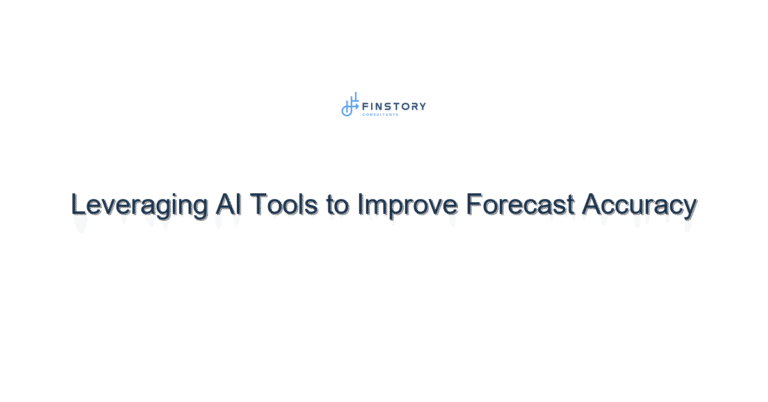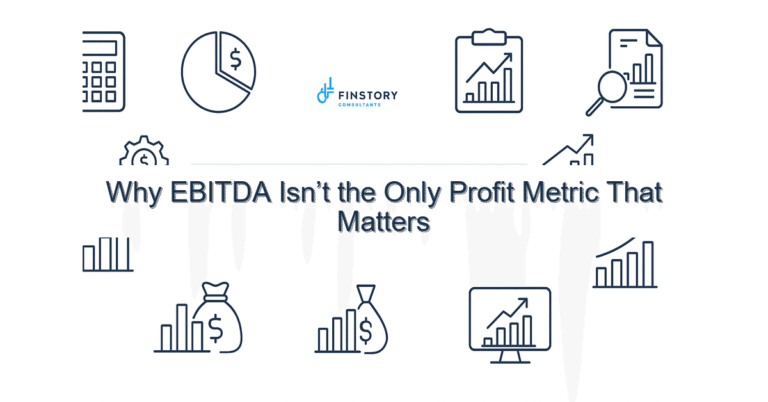Zero-Based Budgeting: When Does It Make Sense?
Picture this: you’re planning your budget for next year, and someone says:
“So… should we just add 10% on top of last year’s numbers?”
It’s one of the most common budgeting shortcuts in business. But here’s the problem: it assumes last year’s spending made perfect sense. And often…it didn’t.
That’s where zero-based budgeting (ZBB) comes in.
Instead of starting with last year’s numbers, you start from scratch—zero. Every rupee you plan to spend has to be justified, line by line.
Sounds extreme? Sometimes it is. But in the right situations, ZBB can save money, reveal inefficiencies, and sharpen your business strategy.
What Is Zero-Based Budgeting?
Let’s keep it simple:
- In traditional budgeting, you often say: “We spent ₹20 lakhs on marketing last year. Let’s plan ₹22 lakhs this year.”
- In zero-based budgeting, you ask: “Why are we spending on marketing at all? How much do we really need—and what results will it deliver?”
Nothing is assumed. Every cost must prove its worth.
Two Real-World Scenarios
Let’s see how this works in real businesses:
Example 1: The Manufacturing Company
A manufacturing firm noticed profits were shrinking despite stable sales.
They decided to try ZBB. Here’s what they discovered:
- ₹6 lakhs a year spent on print catalogs no one was reading anymore
- Multiple software licenses for the same function
- Overlapping travel budgets across departments
By questioning every expense, they cut costs by 12%—without hurting operations.
Example 2: The Nonprofit Organization
A nonprofit had been allocating ₹15 lakhs yearly for community events.
During a ZBB process, they realized:
- Some events had declining attendance
- Funds could be shifted toward digital outreach, reaching more people for less money
The result? They kept their mission strong while making smarter use of limited funds.
When Does Zero-Based Budgeting Make Sense?
ZBB isn’t right for every business, every year. Here’s when it’s worth considering:
✅ Times of Cost Pressure
- Cash flow issues
- Economic downturns
- Falling profits
ZBB can help you quickly identify expenses to cut without blindly slashing budgets across the board.
✅ Fast Growth or Change
When your business model changes, old budgets might be irrelevant. ZBB helps you align spending with new priorities.
✅ High Inefficiency
If you suspect your business is spending money simply because “we always have,” ZBB shines a light on waste.
✅ New Leadership
New managers often want a fresh look at the numbers. ZBB forces an objective review rather than inherited assumptions.
Downsides of Zero-Based Budgeting
It’s not all sunshine. ZBB can be:
- Time-consuming. Every line item needs justification.
- Stressful for staff. People may feel their budgets—and jobs—are under scrutiny.
- Hard to sustain yearly. Many businesses use ZBB every few years rather than annually.
How to Make Zero-Based Budgeting Work
If you’re considering ZBB:
✅ Start small. Test it in one department before rolling it out company-wide.
✅ Communicate clearly. Explain to your team why you’re doing it—and that it’s about better spending, not just cuts.
✅ Focus on value. Don’t just cut costs. Reallocate funds toward initiatives that generate growth or impact.
How a Virtual CFO Can Help
Zero-based budgeting can be overwhelming, especially if you’re running a lean team. A Virtual CFO can:
- Facilitate the ZBB process
- Help identify where to trim fat without hurting business performance
- Analyze where spending drives true value
- Keep the process focused, efficient, and fair
They’re not just accountants—they’re strategic partners helping you spend wisely.
Final Thoughts
So let me ask you: Are you carrying costs in your budget simply because “that’s how it’s always been?”
Zero-based budgeting isn’t for every situation. But sometimes, starting from zero is exactly what you need to free up resources, boost profits, and stay nimble.
If you’re curious whether ZBB makes sense for your business, a Virtual CFO could help you figure it out—and guide you through it step by step.






